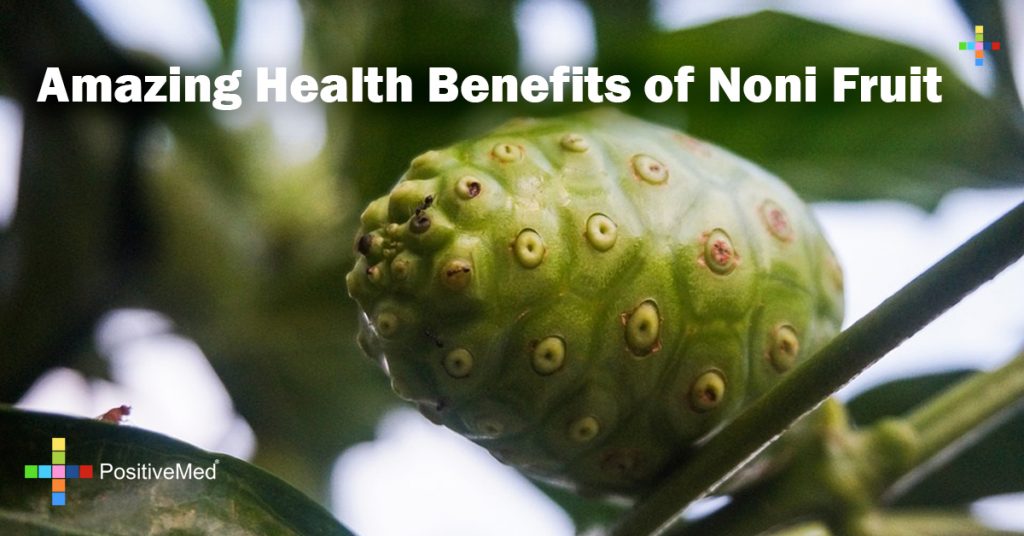
 Noni fruit, also known as Morinda citrifolia, is a small shrub native to the Pacific islands, and has been used for centuries in traditional medicine. Traditional Polynesian medicine has used the fruit for constipation, diarrhea, skin inflammation, infection, and mouth sores. The leaves of the plant are also used topically for wound healing and arthritis. People take noni by mouth for colic, convulsions, cough, diabetes, painful urination, stimulating menstrual flow, fever, liver disease, malarial fever, and nausea. Some have also used it for enlarged spleen, swelling, cancer, cataracts, depression, colds, asthma, digestive problems, and gastric ulcers.
Noni fruit, also known as Morinda citrifolia, is a small shrub native to the Pacific islands, and has been used for centuries in traditional medicine. Traditional Polynesian medicine has used the fruit for constipation, diarrhea, skin inflammation, infection, and mouth sores. The leaves of the plant are also used topically for wound healing and arthritis. People take noni by mouth for colic, convulsions, cough, diabetes, painful urination, stimulating menstrual flow, fever, liver disease, malarial fever, and nausea. Some have also used it for enlarged spleen, swelling, cancer, cataracts, depression, colds, asthma, digestive problems, and gastric ulcers.
The fruit has a sour, unpleasant taste, so manufacturers traditionally sweeten the juice or mix it with grape juice. The problem with that is, in the processing many of the traditional benefits are lost, just as in other foods. It is also available in tablets and capsules from the ground up fruit and leaves. Noni is high in potassium so is not recommended for people with kidney problems, pregnant women, and people who should restrict potassium in their diets.
Noni is also applied topically to the skin for anti-aging and as a moisturizer. Studies continue to be done to support claims of health benefits, as the juice is not nearly as effective as the whole fruit. The potassium may help repair cellular damage, stimulate the immune system, among other activities.
Sources: http://nccam.nih.gov/health/noni, http://www.webmd.com/vitamins-supplements/ingredientmono-758-NONI.aspx?activeIngredientId=758&activeIngredientName=NONI, http://altmedicine.about.com/cs/herbsvitaminsad/a/Noni.htm






